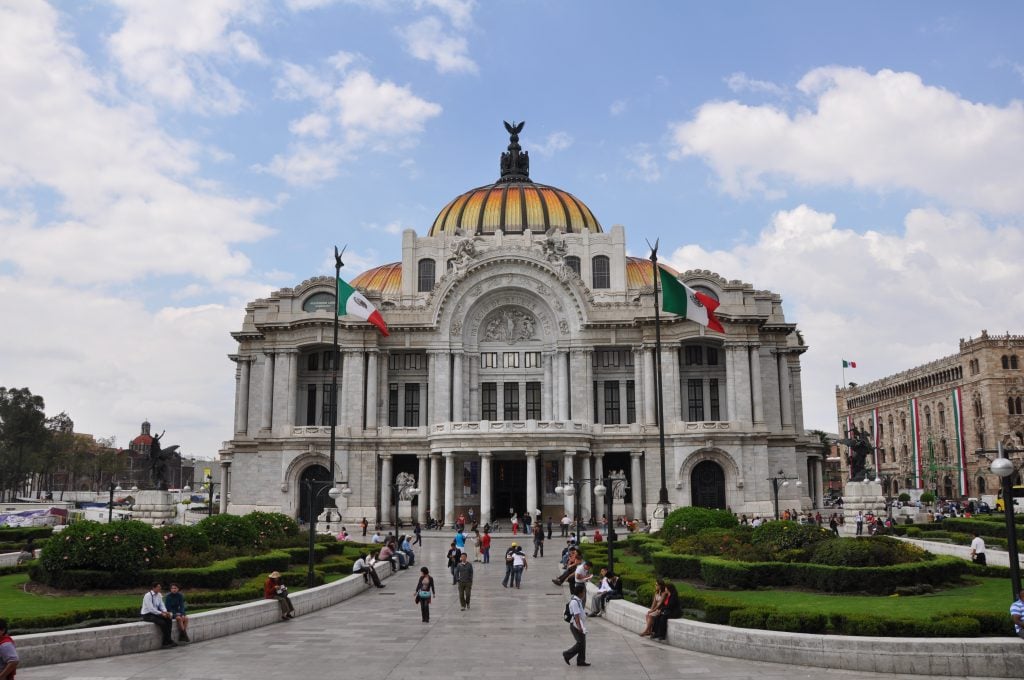The US Trade Representative (“USTR”) announced that it is seeking comments concerning the operation of the United States-Mexico-Canada Agreement (“USMCA”) with respect to automotive goods, including the implementation and enforcement of the USMCA rules of origin for automotive goods. Producers of automotive goods, labor organizations, and other interested parties should consider submitting comments to USTR, which are due March 28, 2022.
Background
The USMCA Implementation Act requires the USTR, in consultation with the Interagency Committee on Trade in Automotive Goods, to conduct a biennial review of the operation of the USMCA with respect to trade in automotive goods, such as (a) a summary of actions taken by producers to demonstrate compliance with the automotive rules of origin, use of the alternative staging regime, enforcement of such rules of origin, and other relevant matters; and (b) whether the automotive rules of origin are effective and relevant in light of new technology and changes in content, production processes, and character of automotive goods.
USTR needs to submit a report after conducting this biennial review to the Committee on Finance of the Senate and the Committee on Ways and Means of the House of Representatives no later than July 1, 2022, and a public version of the report also will be published. In connection with this biennial review, also in accordance with the USMCA Implementation Act, USTR is seeking comments from the public.
Public Comments
The relevant federal register notice lists 6 different areas for which public comments are being requested:
- The overall operation of the USMCA with respect to automotive goods.
- Actions taken by automotive and parts producers to demonstrate compliance with the USMCA automotive rules of origin, including:
- The applicable regional value content (“RVC”) requirements for passenger vehicles, light trucks, heavy trucks, other vehicles, and parts thereof.
- The North American steel and aluminum purchase requirements.
- The labor value content (“LVC”) requirements.
- The use of alternative staging regimes by vehicle producers to meet the USMCA automotive rules of origin.
- Enforcement of the USMCA automotive rules of origin, including the alternative staging regimes and the automotive certification process for steel and aluminum content, LVC, and RVC.
- Whether the current USMCA automotive rules of origin are effective and relevant in light of new technology and changes in the content, production processes, and character of automotive goods.
- Any other topics relevant to the trade in automotive goods under the USMCA
In particular, the industry may consider submitting comments and requests for clarifications regarding the way the US government interprets and enforces the USMCA provisions regarding the relationship between the core parts and finished vehicle RVC.
By way of background, Mexico is currently challenging (and Canada intends to join Mexico as a complaining party) the US government’s apparent interpretation of the relevant USMCA rules of origin (the dispute name is Automotive Rules of Origin (USA-MEX-2022-31-01)), and a USMCA dispute panel is expected to reach a decision regarding the proper interpretation of such rules around September 2022. The dispute relates to whether the use of roll-up methodologies with respect to certain core parts incorporated into finished vehicles is permitted for purposes of calculating the RVC for the finished vehicle. Mexico and Canada claim that the USMCA permits the use of the roll-up methodologies, which should allow core parts that have acquired origin by meeting a RVC threshold during production to be considered fully originating when used as inputs in a finished vehicle. Mexico and Canada further claim that the United States has deviated from this view, and considers any percentage that is non-USMCA originating while producing such core parts should not count toward the finished vehicle’s overall RVC calculation. This discrepancy has created significant tension in the industry as many companies especially in Mexico and Canada had understood this issue was already resolved during the USMCA negotiation phase consistent with the view of the Mexican and Canadian governments.
With this background, producers of automotive goods, labor organizations, and other interested parties should consider submitting comments to seek further clarifications and make suggestions around how the United States applies or should apply the rules of origin concerning automotive goods under the USMCA. The comments could also address practical implications on the automotive industry to the extent the roll-up methodologies are not available to the relevant core parts, and ways to minimize unintended disruptions to the automotive industry in North America. If you are interested in submitting a comment, please contact one of our team members for assistance.



